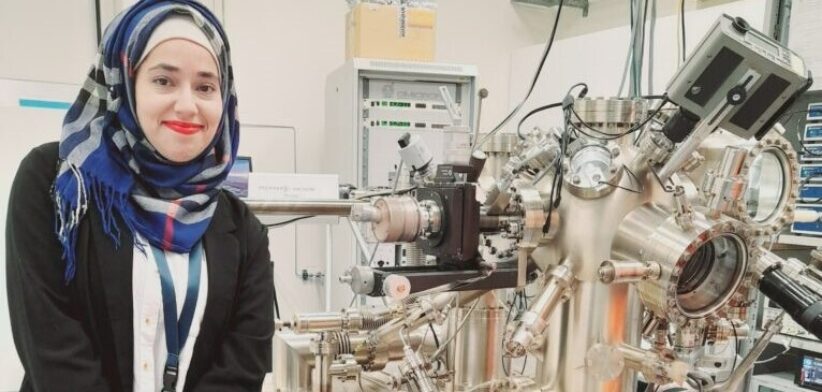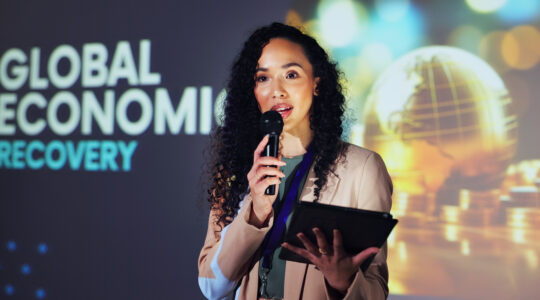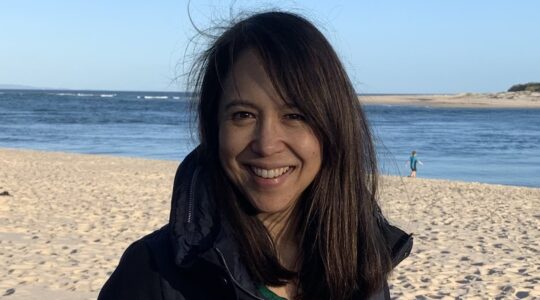One of the first projects in Australia to use quantum machine learning in a non-quantum industry aims to improve food security and student wellbeing.
Not-for-profit Food Ladder is partnering with the CSIRO and the University of Southern Queensland (UniSQ) to test how quantum AI ccan solve complex optimisation challenges in education, health and food systems.
Food Ladder CEO Kelly McJannett said the partnership highlighted the connection between food security and wellbeing.
She said experts from the three organisations would support a PhD student to explore how the technology could help:
- Optimise crop growth and food security by using computer modelling to test how greenhouses perform with limited water, energy, and fertiliser to find new ways to maintain sustainable farming in a changing climate.
- Support student mental health by measuring the therapeutic benefits of greenhouse interaction through wearable devices that track stress indicators such as heart rate variability, skin conductance, and movement.
“This partnership shows how the smartest minds and the most advanced technology can be applied in the service of students and communities.
“Together with CSIRO and UniSQ, we are pushing the boundaries of what’s possible – creating schools that not only feed and educate but also heal and inspire.”
CSIRO scientist Dr Farina Riaz said the project would demonstrate how quantum technologies could connect with real-world industries.
“We’re excited to create quantum-reinforced AI algorithms for resource-efficient hydroponics and evidence-based frameworks for integrating green space exposure into student wellbeing,” Dr Riaz said.
“This collaboration is one of the first instance in Australia where a non-quantum industry, specifically the agriculture and education sectors, is actively applying quantum-reinforced AI algorithms.
“It also marks a significant step in connecting quantum technologies with real-world industries, helping build a healthier and more sustainable future for young Australians.”








